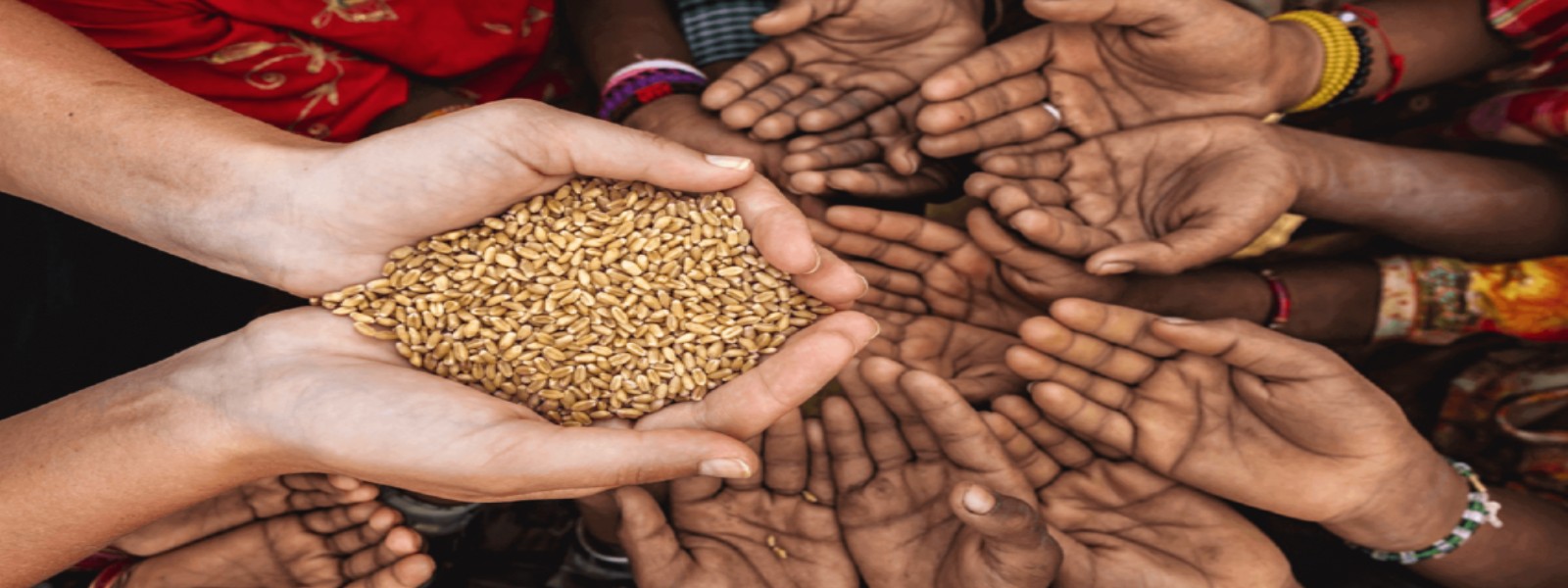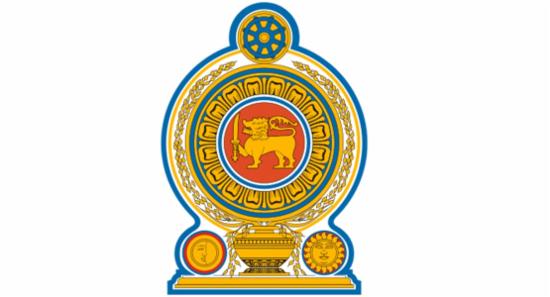.webp)

Sri Lanka: Rising prices reduce access to food for millions
COLOMBO (News 1st); The Representative and Country Director Abdur Rahim Siddiqui of the United Nations World Food Programme says that Sri Lanka’s worst economic crisis since independence is spinning off a “serious food crisis,”.
He describes a toxic mix of spiking prices, shrinking crop yields, the fallout of the war in Ukraine, and a lack of state funds to pay for key supplies.
“The economy has collapsed and the country has run out of the money needed to import essentials like fuel, food, and fertilizer,” he adds, urging more donor support to WFP and other humanitarian responders.
A recent assessment by WFP and the UN Food and Agriculture Organization (FAO) shows that 6.3 million people – nearly 30 percent of the population – are food-insecure.
It comes as WFP warns of an unprecedented global food crisis.
Sri Lanka is grappling with a record 90 percent food inflation, making even staples such as rice unaffordable for millions of families. (Indeed, the average monthly cost of a nutritious diet has soared 156 percent since 2018).
“What we are seeing on the ground is alarming,” says Siddiqui, who has witnessed first-hand how dramatically the island nation’s fortunes have fallen in just over a year. “We know that millions of Sri Lankans are struggling to have sufficient and nutritious food.”
Without urgent intervention, he adds, things look depressingly bleak for a country that should be able to grow enough to feed its population of 22 million.
Failed harvests, Ukraine fallout
“People are cutting back on the number of meals they eat – in effect one in four people is skipping a meal,” says Siddiqui. “People are either chipping away at their precious savings or racking up debt to survive.”
Multiple factors are shaping Sri Lanka’s food crisis. In its bid to make farming more environmentally sustainable, the Government last year banned imported chemical fertilizers. But the move sharply reduced agricultural output – and while import rules have since been eased, the effects remain.
“This country used to produce around 300,000 tons of maize,” Siddiqui says. “Now production is negligible because the varieties of seeds that (farmers) are using are the high-yielding kind, which is not compatible with organic fertilizer.”
After two consecutive harvest failures, a third would be “catastrophic,” he adds.
Sri Lanka is also feeling the aftershocks of the war in Ukraine. Along with disrupting key grain exports and driving up global food and fuel prices, the conflict has battered two of its top tourist markets – Russia and Ukraine itself – reducing the availability of hard currency and, in turn, Sri Lanka's ability to import, with far-reaching effects.
“Around 200,000 fishermen are out of their livelihoods because this country doesn't have fuel following import restrictions,” says Siddiqui. “We need to provide support to the smallholder farmers,” he adds. “International organizations like WFP must step in to provide emergency food assistance to the most vulnerable cross-section of the population.”
WFP kicked off its emergency response operation in mid-June, distributing food vouchers to pregnant women in some of the underserved sections of the capital.
“Through our emergency response, we aim to scale up and reach 3.4 million people with food and nutrition assistance,” says Siddiqui. “This will not only be in the form of food but also cash and vouchers, which enables people to buy food and other essentials based on their specific needs.”
WFP’s emergency response will also support resuming a key program: providing food to pregnant and breastfeeding mothers and malnourished young children – bridging a key gap created when Sri Lanka’s Government was forced to halt critical assistance programs for lack of funds.
Similarly, WFP's support for the national school meal program will ensure that primary grade children continue to receive the daily meals that help them learn and grow.
But these and other essential initiatives are costly. WFP needs US$63 million to provide life-saving assistance to 3.4 million people in Sri Lanka in the coming months.
“We urgently need more funds to ensure we can carry out our operations as planned,” Siddiqui says. “We are urging donors to support not just WFP’s program but also other humanitarian programs which will provide much-needed assistance to those most at risk.”
Other Articles
Featured News





.png )






























.gif)